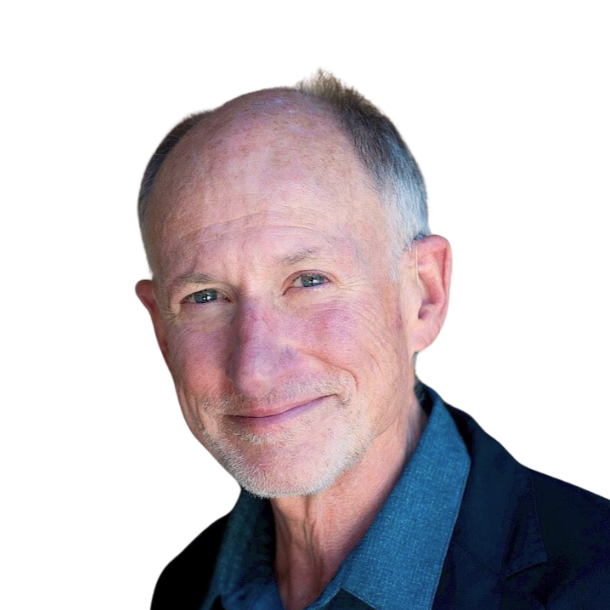View the archive of my 90-minute class and discover the Five Things I’ve Learned about the latest, most effective care for individuals suffering from dementia and similar age-related illnesses, and about the most effective supports for the people who care for them.
My name is Ken Robbins. I’ve spent my full adult life providing medical and psychiatric assistance to individuals – and to helping medical students, clinics, and health-care systems better understand and support the people they serve.
It’s been a great and rewarding journey: Among other things, I’ve been on the clinical faculty at the University of Wisconsin for over 35 years; served as Medical Director for the state hospital in Madison, Wisconsin; served for more than 20 years as the Medical Director for a hospital geriatric psychiatry unit; and helped oversee community psychiatry in southern Wisconsin.
These days, I spend a good deal of my time overseeing a hospice residential unit for people with late-stage dementia. As you can imagine, it’s position filled with challenges and rewards, one in which I encounter men and woman whose lives no longer resemble the plans they had made for themselves when they were younger. I also come to know and work closely with family members of all sorts, loving and caring people who too often are themselves struggling to understand and support a loved one who increasingly bears less and less resemblance to the person they previously knew.
It’s what I’ve learned in working with these individuals and their families that I wish to share with you in my upcoming 90-minute class, Five Things I’ve Learned about Aging and Dementia.
As I’ll explain, doctors, scientists, and caregivers are learning more each day about the causes of, and the effective care for, dementia and similar age-related illnesses. What we’re learning is helping people concerned about their own mental state as they age and the individuals and family members who find themselves challenged with caring for a loved one who suffers from Alzheimer’s disease, or from one of several other related diseases.
In our time together, I’ll discuss the latest, most effective practice for patients. Specifically, I’ll address the most common causes and symptoms of dementia and share what I’ve learned about the memory loss and communication challenges; the changes in behavior and mood; the problems of planning, spatial and visual orientation, and the increased problem-solving challenges that often mark dementia’s onset. I’ll also talk about how doctors and care givers have themselves help to shape what we understand about how best to deal with dementia in its various stages.
In addition, I’ll share the encouraging things I’ve discovered about dementia treatment and intervention that provides direct comfort and support for people who care for patients with dementia. I’ll also talk through what I’ve learned about when to consider an out of home placement, the appropriateness of palliative care and hospice for people with dementia, and finally, what we know about what caregivers can to do better prevent dementia and slow its course.
It’s a lot to address in just 90-minutes, but I very much look forward to learning from you and to answering your questions as well.
While likely none of us would choose to have dementia, it is my belief that with knowledge and understanding, most people with dementia can be made very comfortable. I also believe that the people who love them do best when they’re prepared, supported, and well informed.
Please join me for what I believe to be an important – even an essential – conversation.
– Dr. Ken Robbins

